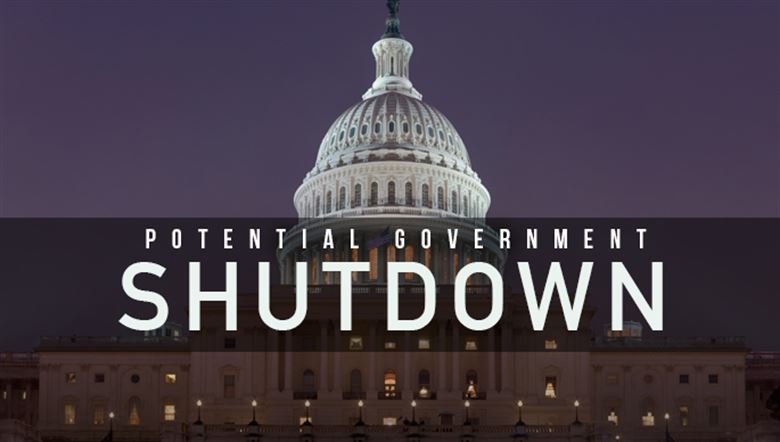How a Government Shutdown Affects the Real Estate Industry
The last government shutdown was the longest in history (December 21, 2018 to January 25, 2019). Those who recall previous shutdowns know that “nonessential” federal personnel are hit particularly hard by these events. But many people ask us: Is real estate affected by government shutdowns?
During the last shutdown, the media focused on the roughly 800,000 workers who missed paychecks. But the ripple effect of a shutdown goes far beyond the federal government and creates waves in the private sector. The spending gaps can affect the real estate industry in significant ways.
Wise investors will be observing these trends, and to keep you informed, we’ve made some observations about the impact of a government shutdown on land trusts, real estate investing and more. Let’s dive in to exactly who in American real estate is affected—and how—when the country’s government is closed for business.
The Government Shutdowns Hit Landlords with HUD/Section 8 Tenants
Multi-unit investors, particularly owners of apartment complexes that cater to Section 8 or otherwise federally assisted tenants, may encounter problems directly tied to the shutdown. Sales of these complexes are likely to slow dramatically, but their landlords face bigger issues. The Department of Housing and Urban Development (HUD) has two main ways of subsidizing housing, one of which is contracting with landlords. Landlords with expiring contracts will not be able to renew them during the shutdown. Some 1,050 of these contracts, which cover an average of 52 tenants each, will expire in February while active contracts will be paid for the first 30 days.
A prolonged shutdown complicates many issues related to real estate. If payments are not made on behalf of the millions of Section 8 and HUD-sponsored tenants, landlords may face difficult choices about evicting these tenants for unpaid rent. Evicting a Section 8 tenant is a more complex process for all involved (landlord, tenant, and court) than a standard eviction, and evicting many at once even moreso.
Owners of public housing may also experience delays with securing mortgages and loans.
Mortgage and Lending Difficulties
Investors and other homebuyers nationwide are already being affected by the shutdown’s impact on lending. Right now is a more difficult time to secure a mortgage in general. Certain small business loans are not available during a shutdown, which could be problematic for small business owners in any sector. Of these, the Small Business Administration has a substantial backlog already, with some experts noting that nearly $2 million in loans have yet to be approved. Fair Housing Act (FHA) loans are still being issued but may be delayed.
Some prospective lenders have already experienced delays. Many private lenders who rely on our friends at the IRS to verify potential borrowers’ income were stalled out. During the early weeks of the shutdown, the income verification service was unavailable.
Professionals Can Help Real Estate Investors
In a turbulent market, the opinion of a qualified real estate attorney can help clarify how broader market trends affect you personally. To learn more about what you can do to keep your real estate holdings defended in any climate, schedule your personal consultation today.
